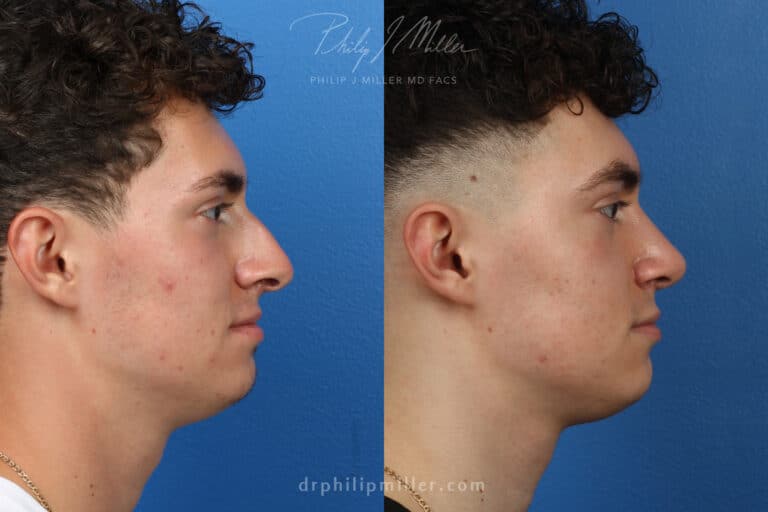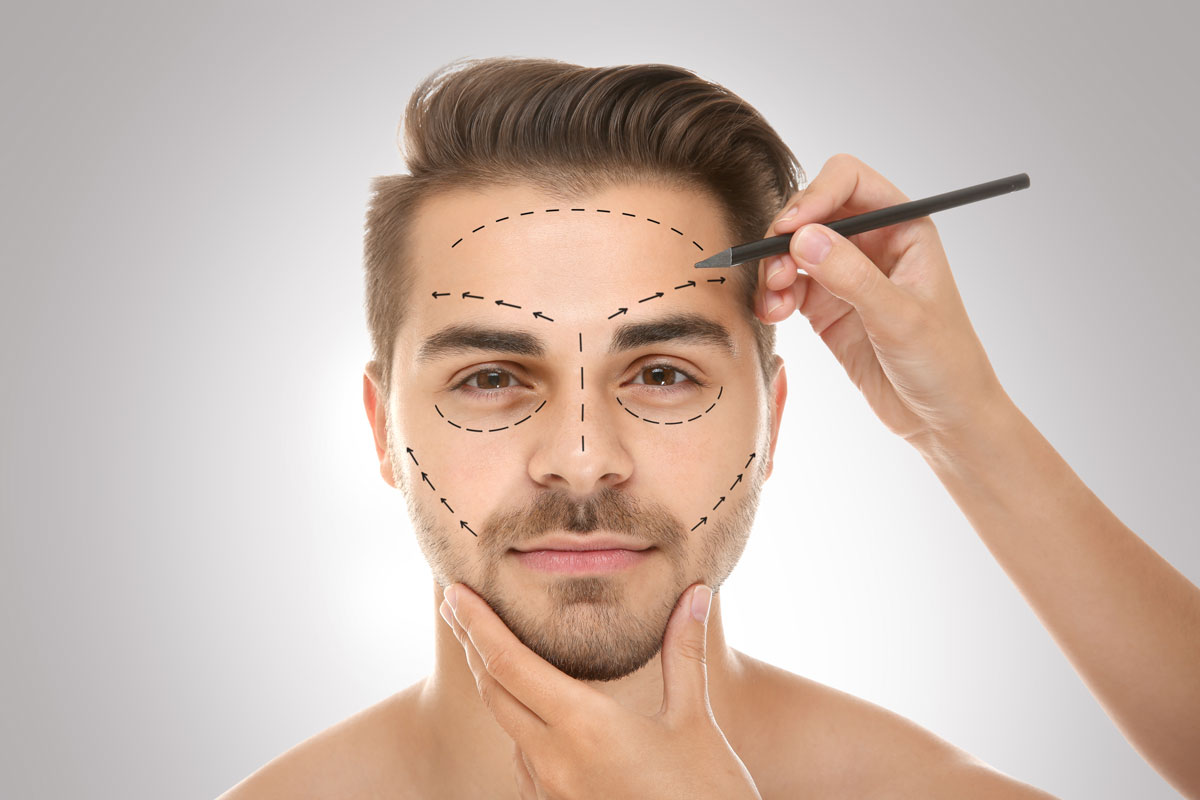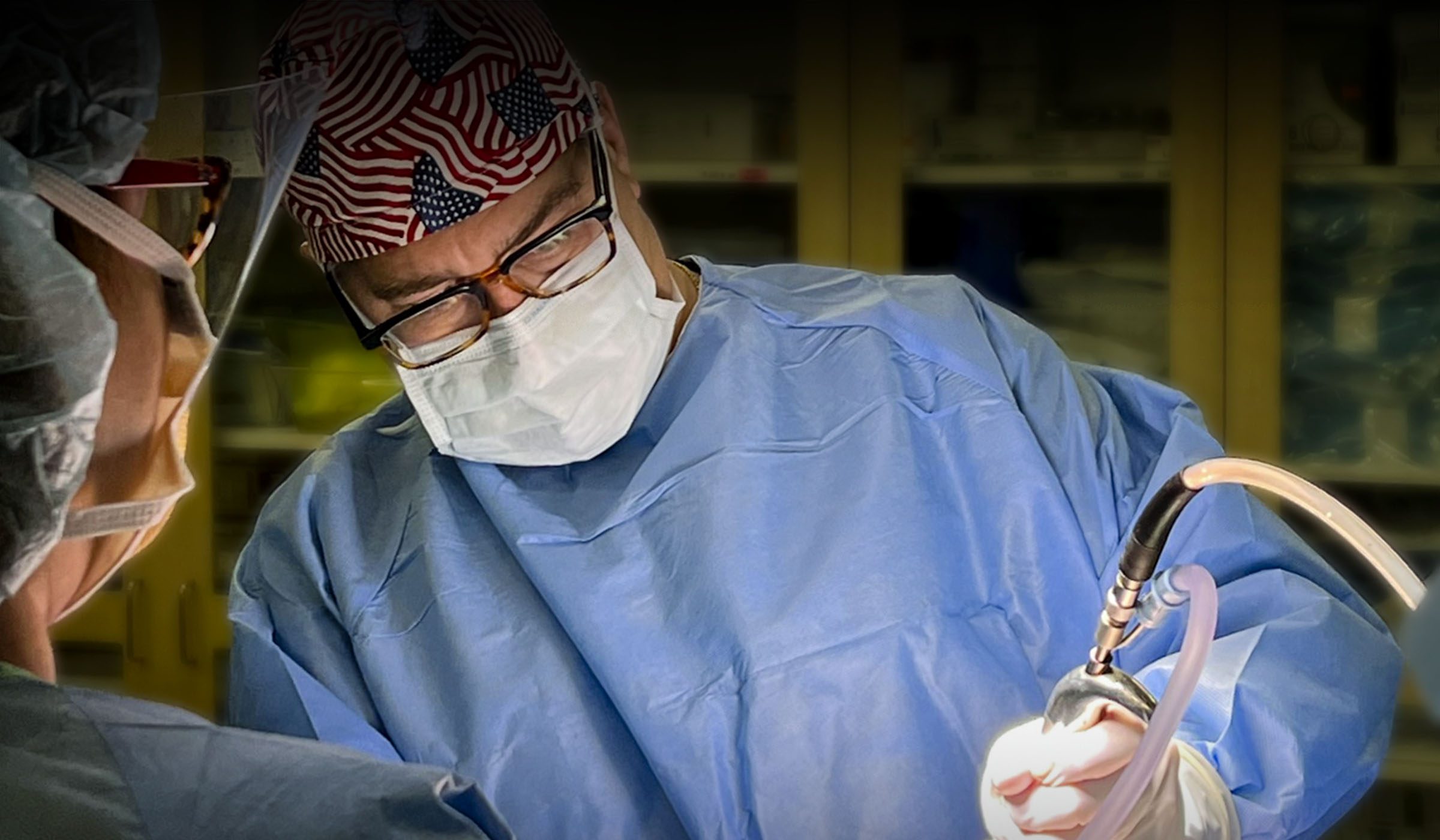A Deep Study the Usual Validation for Looking For Aesthetic Surgical Procedure: Unloading the Wish for Adjustment and Self-Improvement
The motivations behind the pursuit of cosmetic surgical procedure prolong past simple visual improvement, showing a nuanced interplay of social assumptions, individual aspirations, and emotional factors. As individuals increasingly seek to align themselves with dominating appeal standards, it becomes important to analyze the underlying factors that urge them to make such considerable modifications. The impact of media portrayals and personal stories can not be neglected, as they shape assumptions and needs in extensive means. This assessment motivates critical concerns regarding the ethical ramifications and future trajectories of aesthetic treatments, welcoming further exploration into the intricacies of self-improvement and identification.
Social Stress and Beauty Specifications

The effect of these elegance ideals can be profound, instilling a sense of insufficiency in those who do not adapt. Consequently, several might seek cosmetic surgical treatment as a means of straightening their appearance with these social expectations. mommy makeover bellevue. This need for conformity can originate from a vast range of inspirations, including the goal for boosted social status, enhanced enchanting potential customers, or boosted specialist chances
Furthermore, these stress are not restricted to particular demographics; they affect people throughout various ages, sexes, and histories, highlighting the prevalent nature of appeal requirements. This extensive impact raises vital concerns regarding the ethics of plastic surgery and the effects of societal standards on specific options. Inevitably, understanding these stress is essential for fostering an extra inclusive definition of beauty that commemorates diversity.
Personal Experiences and Transformative Stories
Lots of individuals that go through plastic surgery record transformative experiences that extend beyond simple physical adjustments. For numerous, these procedures function as a catalyst for enhanced self-esteem and a restored feeling of identification. Patients frequently define feeling liberated from long-lasting instabilities, leading to raised confidence in both personal and expert worlds.
Take, as an example, the story of a young woman that undertook breast enhancement after years of feeling uneasy about her appearance. Post-surgery, she reported not only a newfound comfort in her body but likewise a substantial improvement in her social life and job opportunities. Likewise, a middle-aged guy who chose to undertake a renovation shared just how the procedure rejuvenated his overview on life, motivating him to seek new passions and connections.
These individual stories emphasize the extensive influence plastic surgery can have on individuals' lives. As they accept their transformed selves, lots of find empowerment in their options, frequently using their experiences to inspire others considering similar trips. Ultimately, these transformative stories highlight the multifaceted factors individuals seek cosmetic surgery, intertwining personal development with the quest of aesthetic enhancement.
Emotional Factors Behind Plastic Surgery
Countless psychological variables add to the decision to go through cosmetic surgical treatment, mirroring much deeper emotional and psychological health and wellness considerations. Individuals frequently seek surgical improvements as a way to resolve sensations of inadequacy, reduced self-confidence, here or dissatisfaction with their appearance. These mental motivations can be rooted in previous experiences, social comparisons, or individual ambitions.
Body photo distortion is a common concern, where individuals perceive their physical features in an exaggeratedly negative light. This distortion can lead to obsessive thoughts concerning perceived problems, prompting the wish for surgical change as a remedy - mommy makeover bellevue. Furthermore, the search of excellence find more information and societal stress can enhance these sensations, pressing people towards cosmetic procedures in hopes of accomplishing an idyllic variation of themselves
Moreover, the principle of self-improvement plays an essential function. Several people view cosmetic surgery as a path to boost their lifestyle, believing that improved appearance will certainly result in enhanced social approval, better relationships, or improved job possibilities. Eventually, the psychological elements behind cosmetic surgical treatment emphasize the intricate interplay in between individual self-perception and outside impacts, exposing the multifaceted nature of the wish for change.

The Function of Media in Understanding
In today's culture, media plays a critical function in shaping assumptions of elegance and self-respect. With numerous systems-- social media sites, tv, and advertising and marketing-- idealized standards of appeal are typically shared, influencing private desires and self-image. These representations often stress slim definitions of appearance, primarily featuring younger, slim, and digitally enhanced images, which can produce unrealistic criteria for people making every effort to conform.
The effect of media is more worsened by the prevalent nature of social networks, where individuals are bombarded with curated material that highlights cosmetic enhancements, endorsing a society of contrast. This consistent exposure can bring about sensations of insufficiency among audiences, triggering them to consider plastic surgery as a means of attaining the viewed ideal. Research suggests that people who involve with these media depictions are a lot more most likely to share dissatisfaction with their look, enhancing the wish for surgical treatments.
Additionally, the normalization of cosmetic surgery in media narratives can desensitize target markets, framing such procedures as commonplace and even necessary for social approval. Hence, the media's representation of check out here beauty not just affects private choices relating to plastic surgery but also adds to a broader societal dialogue about self-respect and identity.
Honest Factors To Consider and Future Fads
Amid the expanding popularity of plastic surgery, honest factors to consider surrounding the method have actually become significantly famous. As the demand for procedures climbs, so too do concerns regarding informed consent, the psychological motivations of clients, and the capacity for exploitation by surgeons. It is critical for specialists to guarantee that people completely understand the benefits and threats, as well as the implications of their options, to promote an accountable strategy to cosmetic improvements.
Moreover, the impact of social media sites and appeal standards questions regarding the influence on mental health and wellness, particularly among susceptible populations. As awareness of body photo problems expands, ethical technique necessitates a cautious assessment of the motivations behind medical interventions. Specialists must stabilize person desires with moral responsibility, ensuring that decisions are rooted in authentic self-improvement instead of societal pressures.

Conclusion
In conclusion, the quest of plastic surgery is influenced by a convergence of societal stress, personal experiences, and emotional elements. The wish for placement with dominating charm requirements, coupled with the possibility for transformative end results, emphasizes the complicated inspirations driving individuals towards these procedures. In addition, the role of media fit assumptions of beauty can not be understated. As moral factors to consider develop, future fads in cosmetic surgical treatment will likely show recurring societal discussions bordering self-improvement and private identification.
Regularly, social pressures and dominating appeal requirements play a substantial duty in individuals' choices to seek cosmetic surgical procedure. Inevitably, these transformative tales highlight the complex factors individuals seek cosmetic surgery, intertwining personal growth with the pursuit of visual enhancement.
Lots of people view cosmetic surgical treatment as a pathway to enhance their quality of life, believing that enhanced appearance will certainly lead to raised social approval, better partnerships, or boosted occupation chances. Ultimately, the psychological factors behind cosmetic surgery underscore the complex interplay between specific self-perception and external impacts, exposing the complex nature of the desire for adjustment.
As ethical factors to consider progress, future fads in cosmetic surgical procedure will likely mirror ongoing social dialogues surrounding self-improvement and private identification.